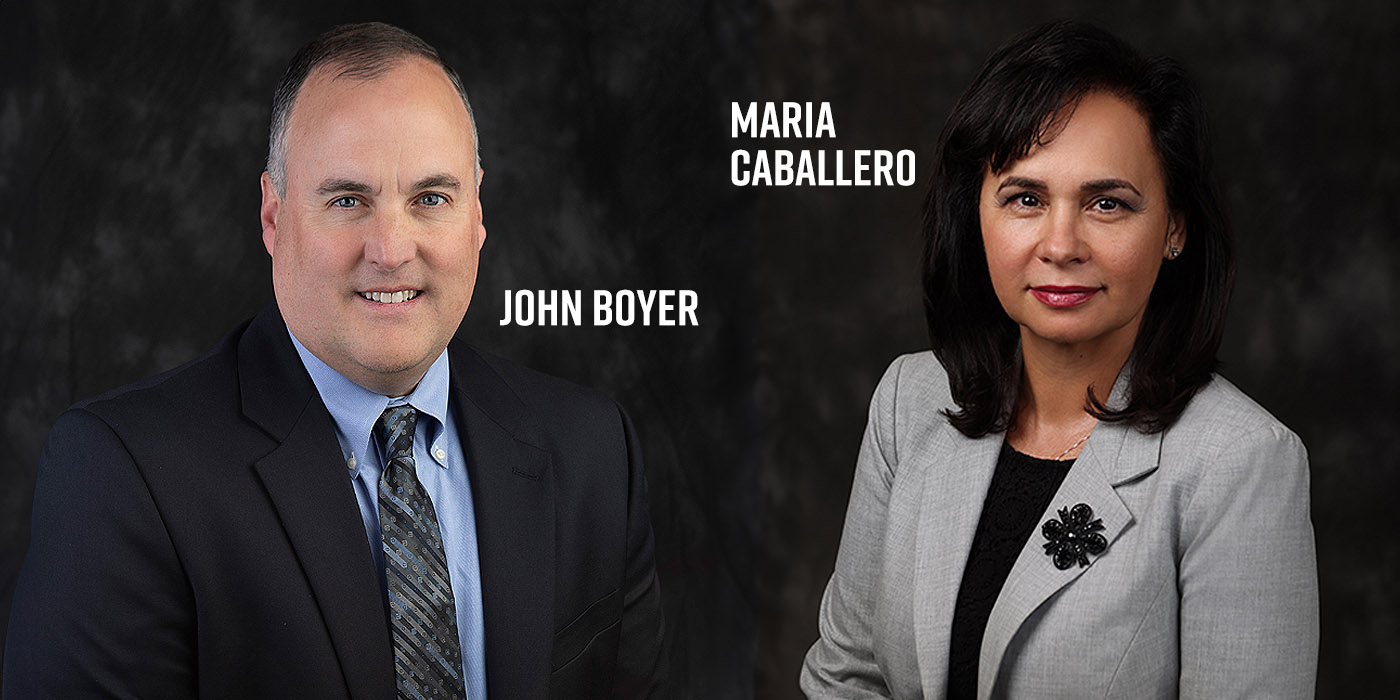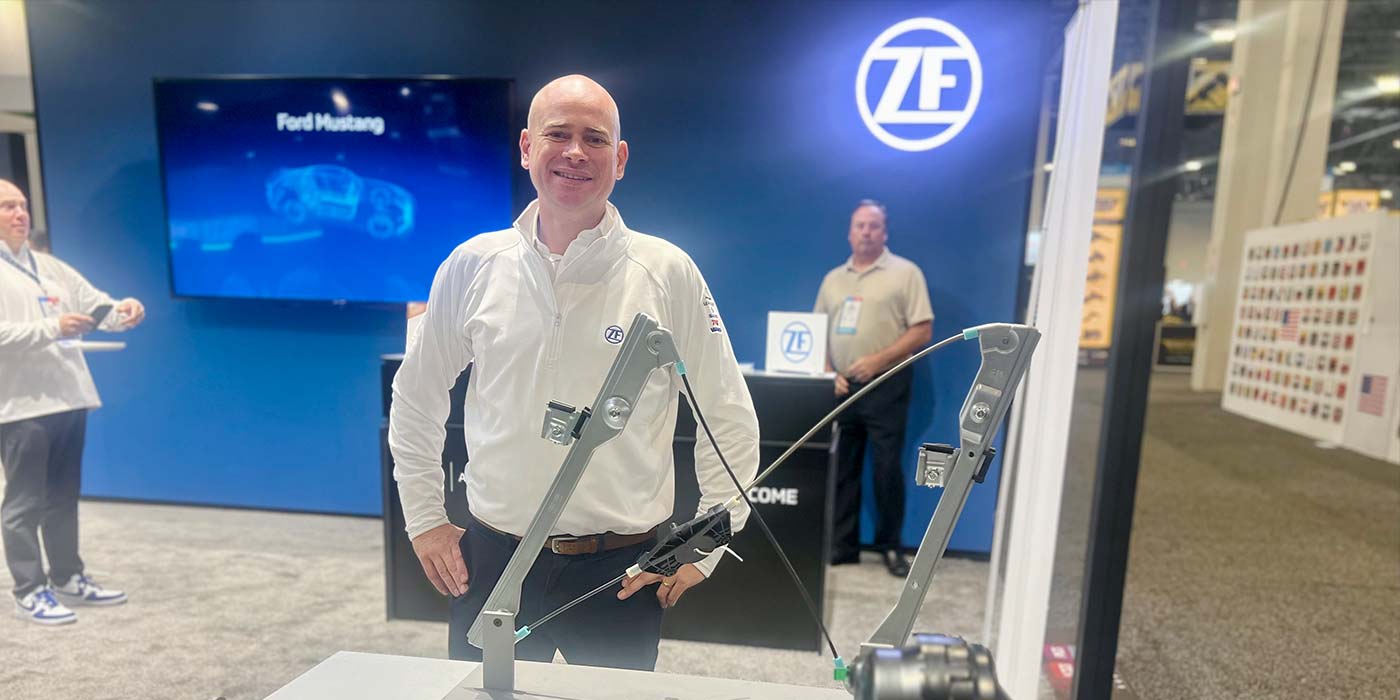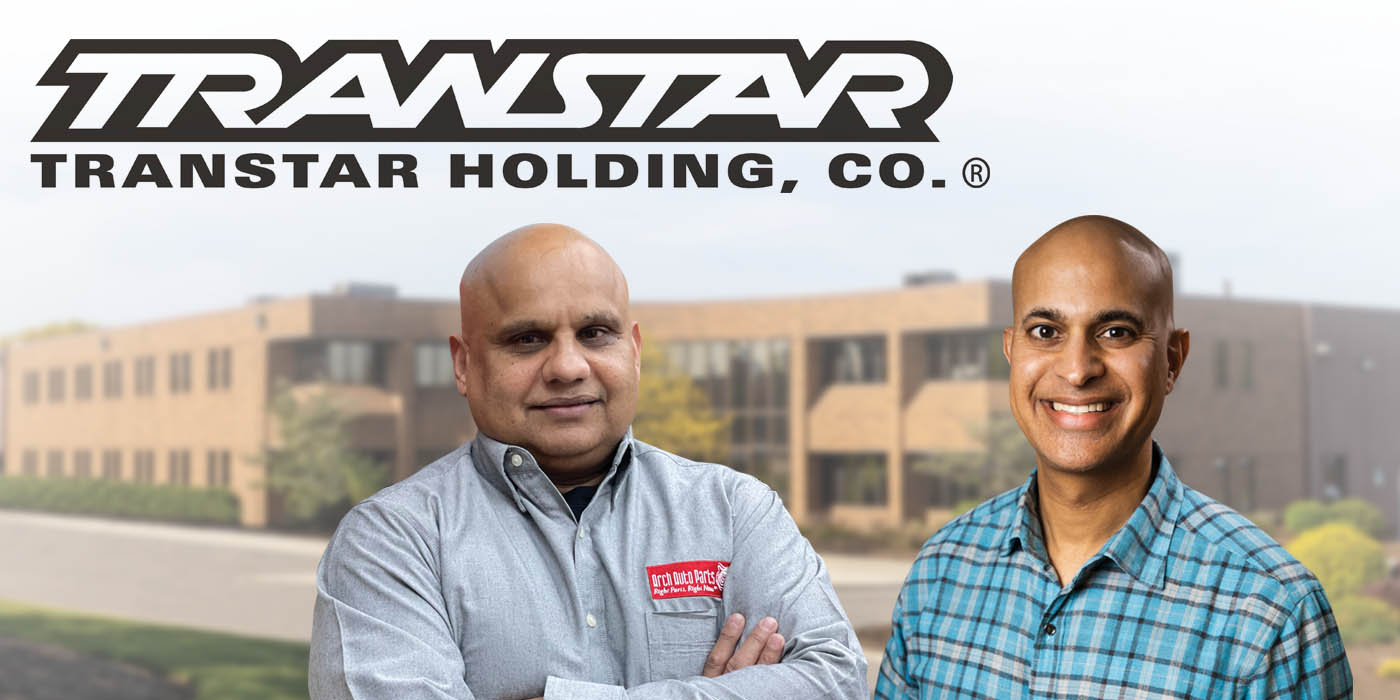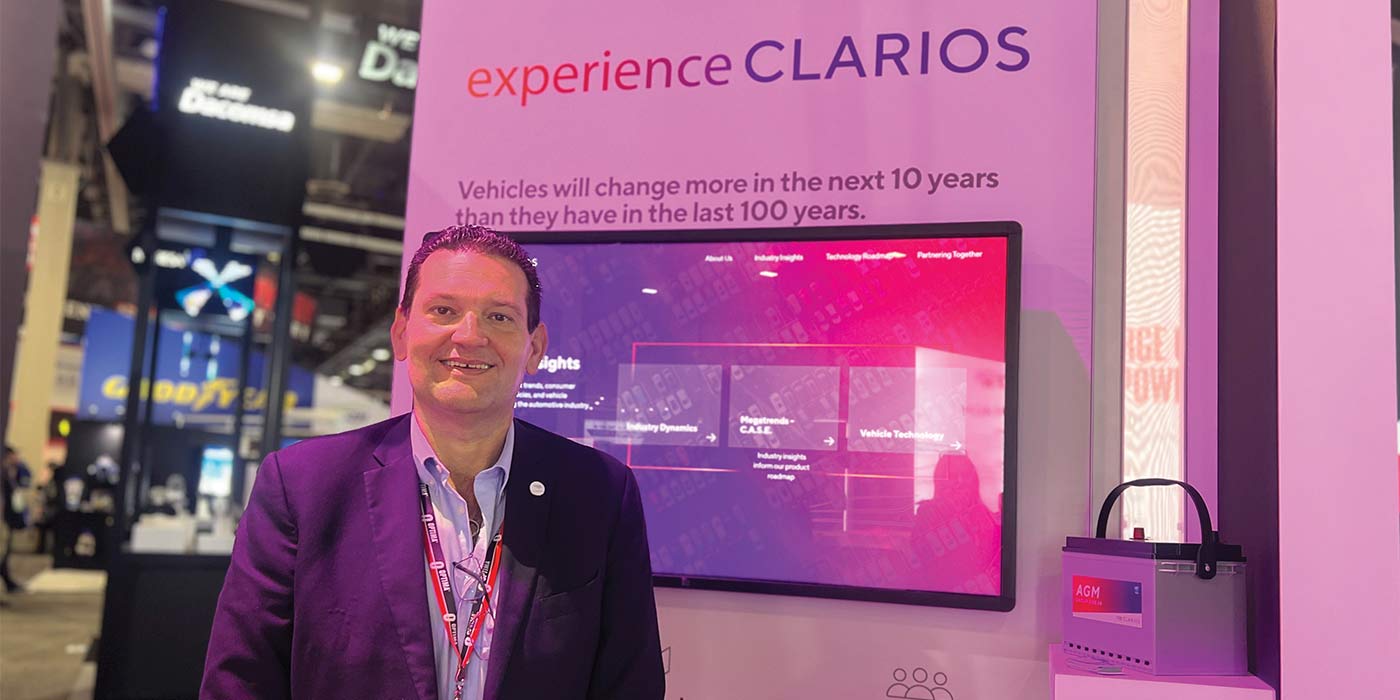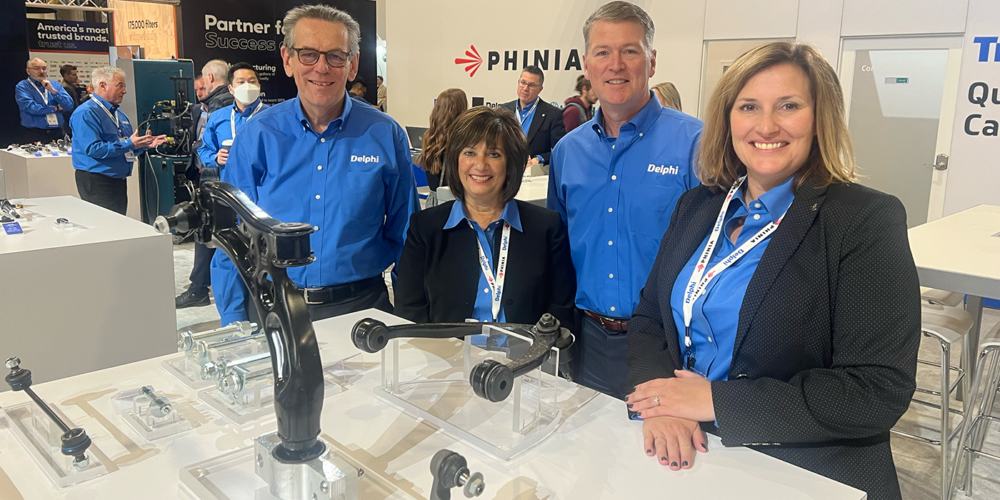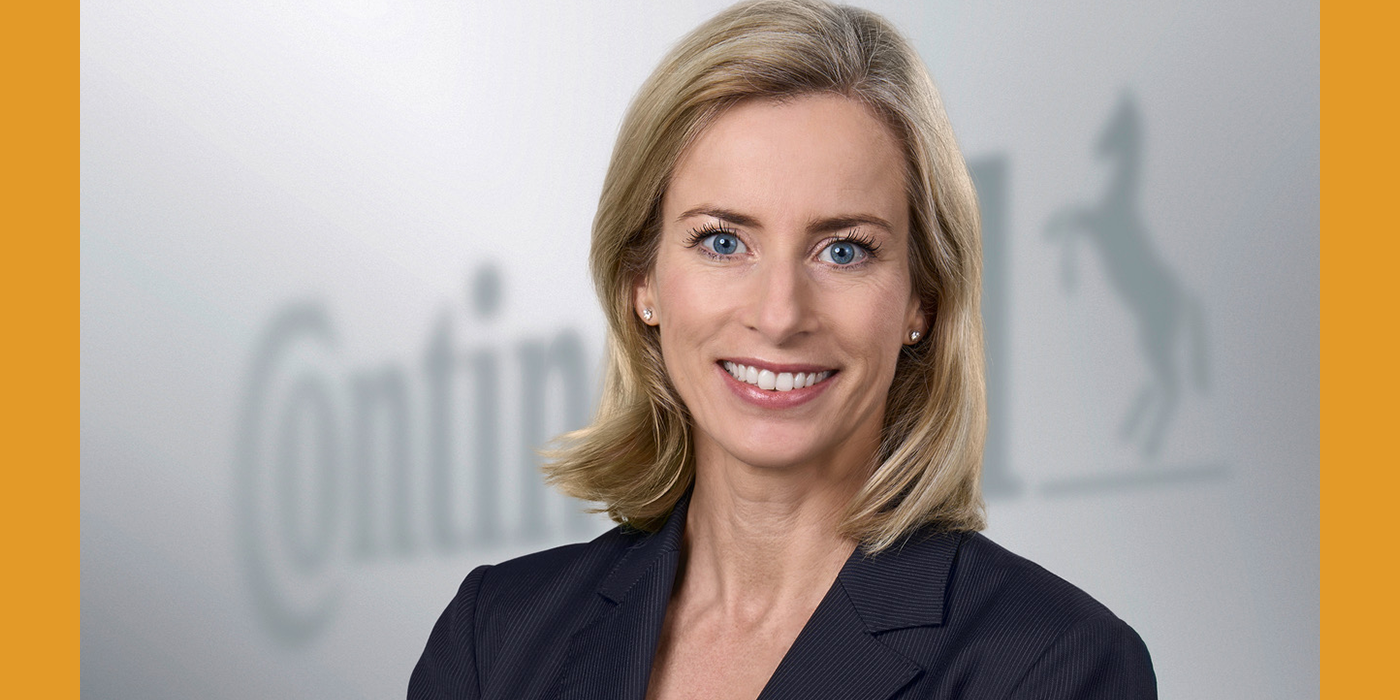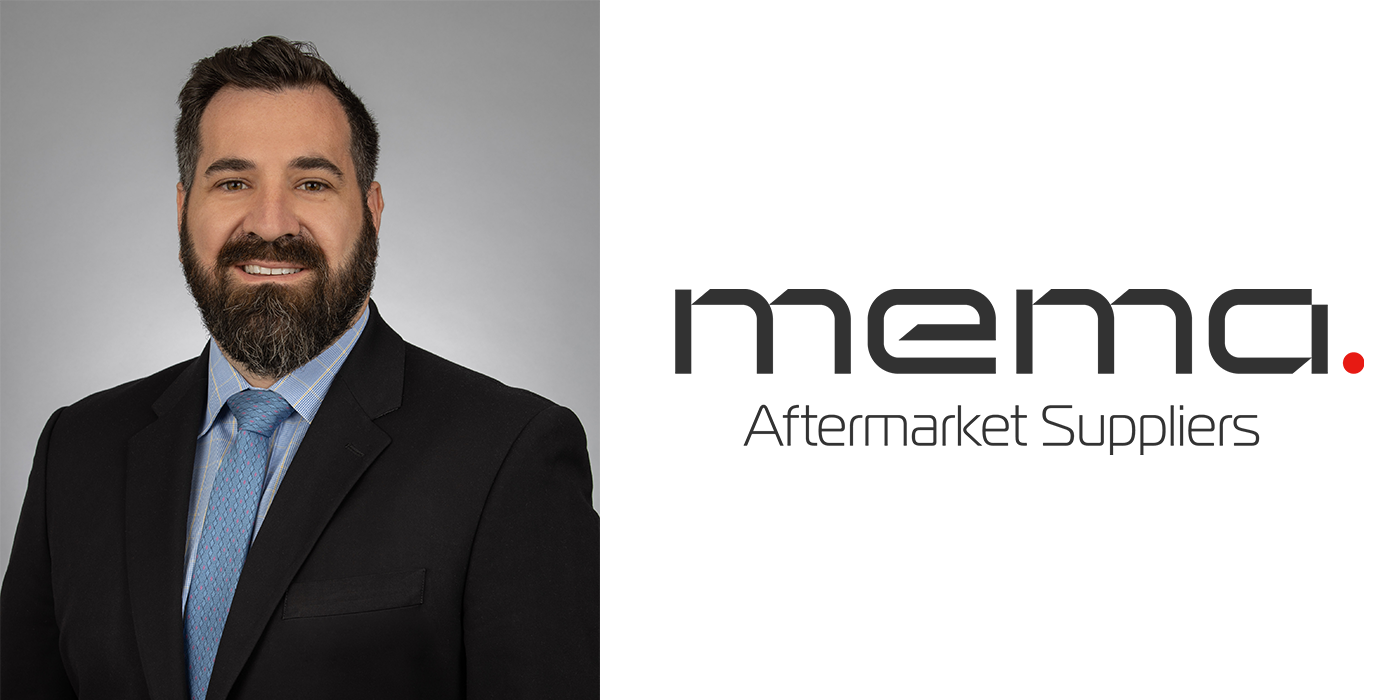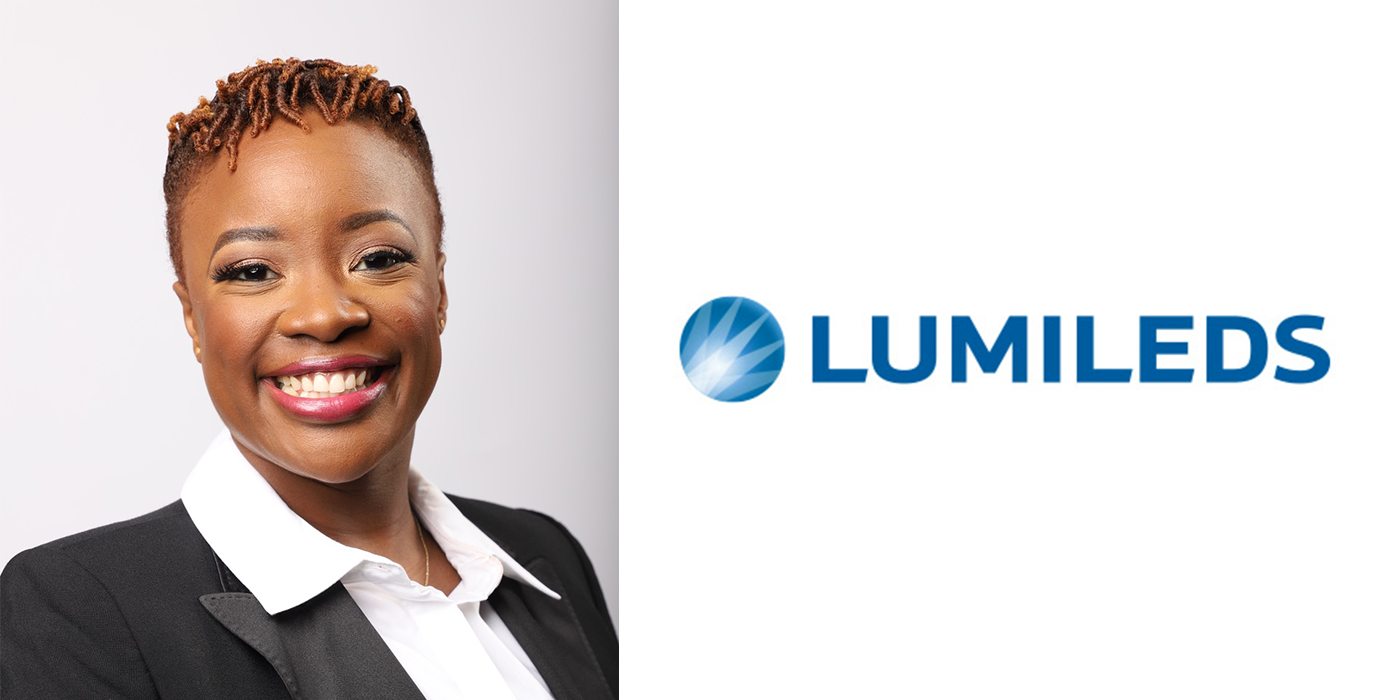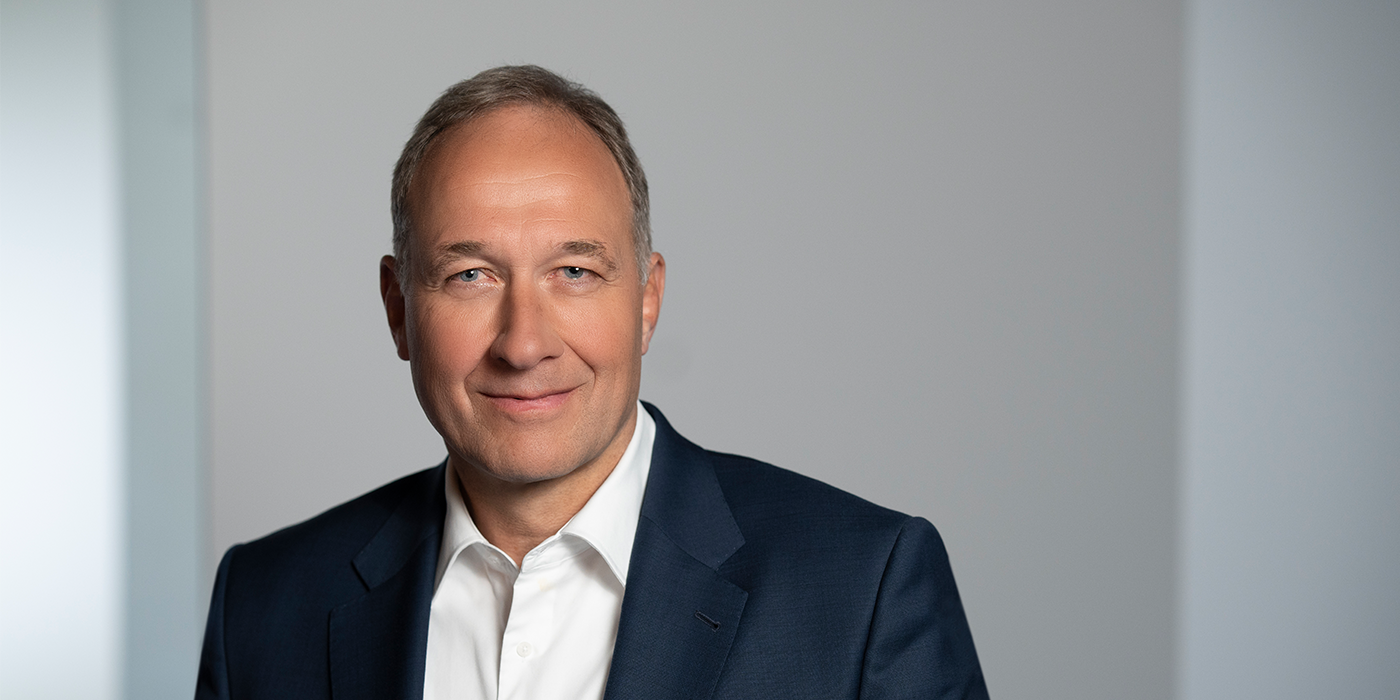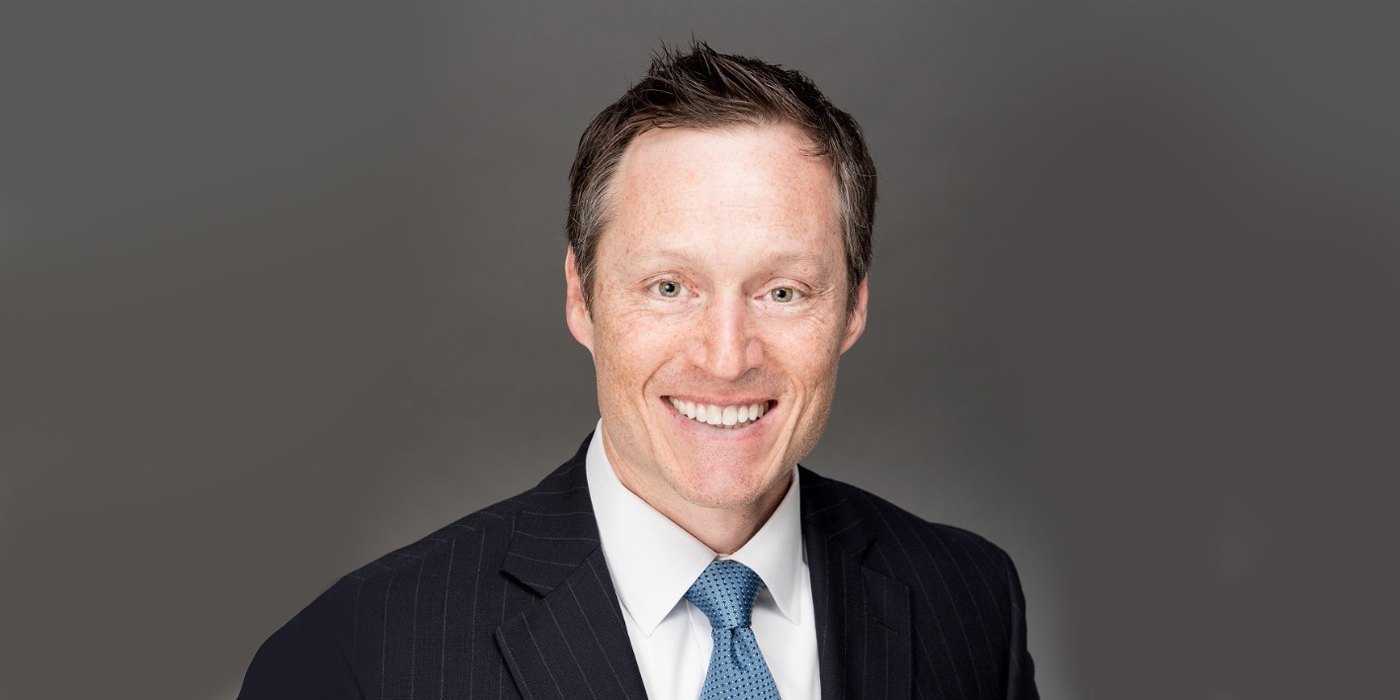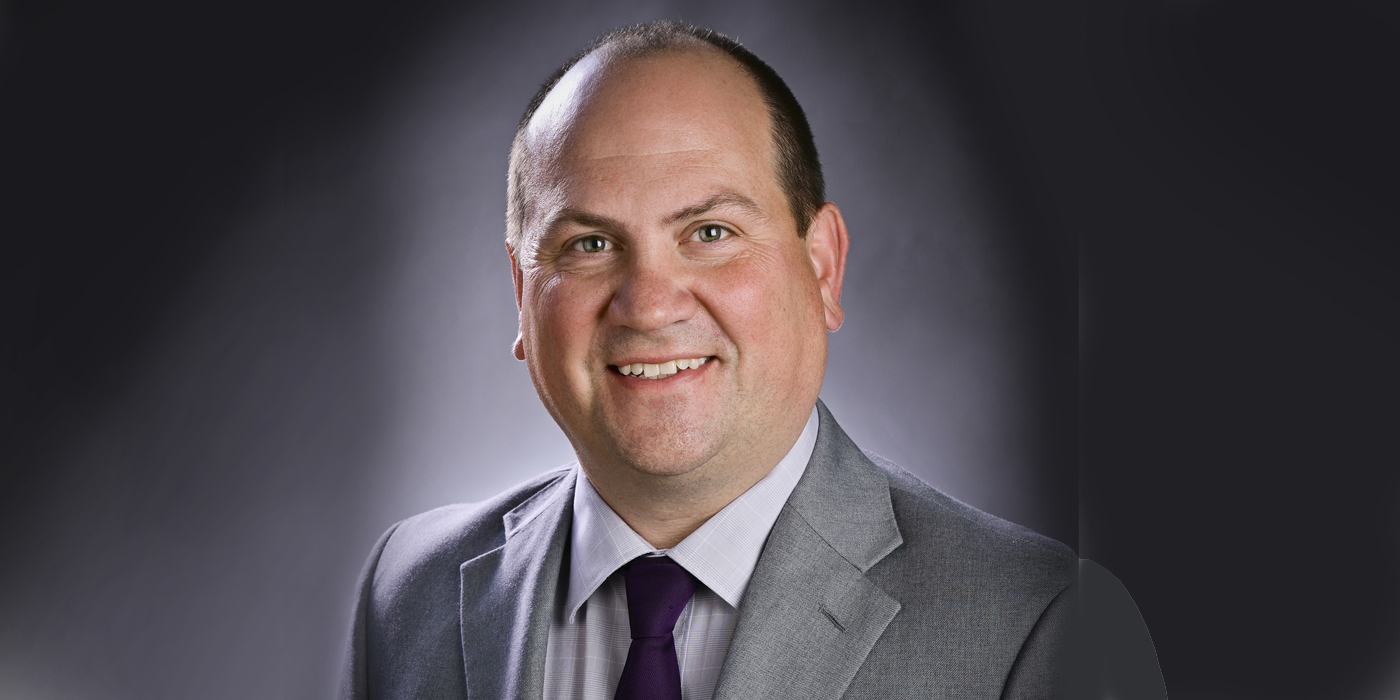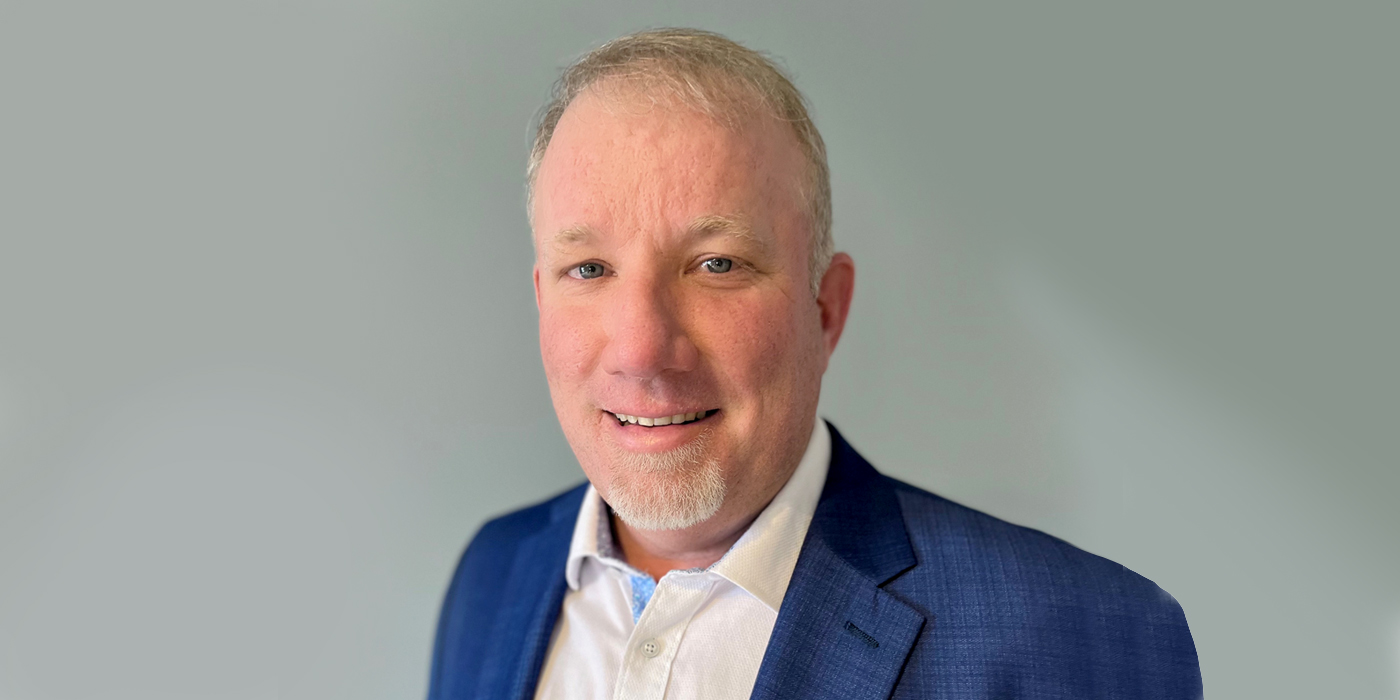Jason Gerding was appointed president of Leland Brake and Wheel in June. His background includes leading several Marmon Highway Technologies’ (MHT) business units including Webb Wheel’s Transit Business Unit and two different business units for Fontaine Trailer Co. After receiving his mechanical engineering degree from Auburn University he was hired by MHT and held several different engineering, operations and sales roles before being promoted into general management. He has been with MHT for more than 13 years. 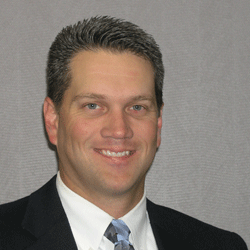
In this exclusive Executive Interview, Gerding re-introduces Leland to the marketplace, its new management team, and also talks about the company’s relationship with parent company – world renowned Berkshire Hathaway.
First off, for our readers who aren’t familiar with Leland Brake and Wheel, please give us a brief history.
The Leland brand was established in 1943 when it was named for the “Leland Hotel” in Detroit. It was later acquired by Maremont Corp. in the late 1950s and then purchased by T&N Industries in 1977. Under T&N, Leland was marketed under the Nuturn Corp. and the Ferodo America banners. TMR Spring Brake product was established in 1975 and purchased by Nuturn Corp. in 1985. The Leland and TMR products were then purchased by Triangle in 1997. Leland Brake & Wheel Parts was segmented into a separate business unit in 2006, as Triangle’s core competency is Spring and Suspension parts. Leland was merged with Webb Wheel as part of Marmon Highway Technologies in 2007 and then Berkshire Hathaway purchased the Marmon Group in 2008. We have quite a rich history of various well-known ownerships.
Tell us briefly about Leland’s product offering and what defines Leland as a brand.
We specialize in foundation air brake parts for heavy-duty trucks, trailers and buses. This includes brake and camshaft repair kits, wheel attaching parts, brake shoes, camshafts, slack adjusters, valves and spring brake chambers. Leland provides the broadest lines in the industry with the highest quality replacement parts delivered in a customer-centric manner. We have positioned ourselves as the foundation brake parts experts providing system solutions to the end fleet user. These solutions center on performance and maintenance, which help reduce the fleet’s overall cost per mile.
Leland is part of Marmon Highway Technologies, which is owned by Berkshire Hathaway, one of the biggest and most respected companies that invests in a diverse range of industries. What advantages does Leland have being part of this organization?
Obviously, financial strength is key, but it goes deeper than that. Berkshire allows us to run our business independently and without distraction. Our mantra is 80/20. It’s a business philosophy that focuses on the meat of the business. It allows us to serve our customers and their customers in a highly efficient and profitable manner that benefits all and reduces waste in the system.
Some of the biggest players in the aftermarket today are companies that have been reorganized, divested and restructured several times over – often spinning-off independently from their corporate parents. However as you just explained Leland is also part of very large corporation, but still works independently within the aftermarket and commercial truck market. How is Leland’s situation different from its competitors in this regard?
Strength in numbers, independent in action … that’s the advantage we have. We operate as a very innovative and nimble business with the strength of a corporate entity providing shared services and financial resources. We don’t have the typical corporate bureaucracy that restricts innovation and decisiveness like some others in the market.
You are part of a new management team for Leland, which has an exceptional amount of combined experience in the market. What plans do you have for the team going forward and how does Leland plan to capitalize on this critical time in the industry?
We plan on leveraging that experience to strengthen our partnerships within the aftermarket distribution channels. Our plan is to grow the business by differentiating Leland when it comes to products and services. We plan to increase the technological aspect of our company and market products that are value-added to the end user. Leland is positioned for the long-term through our relationship with Marmon and Berkshire Hathaway that will allow us to develop programs that fit the needs in the marketplace.
Many analysts predict the U.S. is poised for an economic rebound. The truck market has been one of the industries that has struggled most during this downturn. What are your overall thoughts on the commercial truck aftermarket today and where it’s headed in the next year or so?
The commercial truck aftermarket is also poised for a rebound but we have to be careful in regard to not letting our hopes outweigh reality. We plan on seeing a rebound as well but we do not see the market reverting to pre-2007 levels. Due to the limited amount of new vehicles being purchased over the last two years, there is an increasing demand on the existing vehicles and in turn, the heavy duty aftermarket. We hope to see the market getting back to normal but not setting any new records. Technology has increased the life of vehicles and parts and that will play a big factor into where the market goes.

